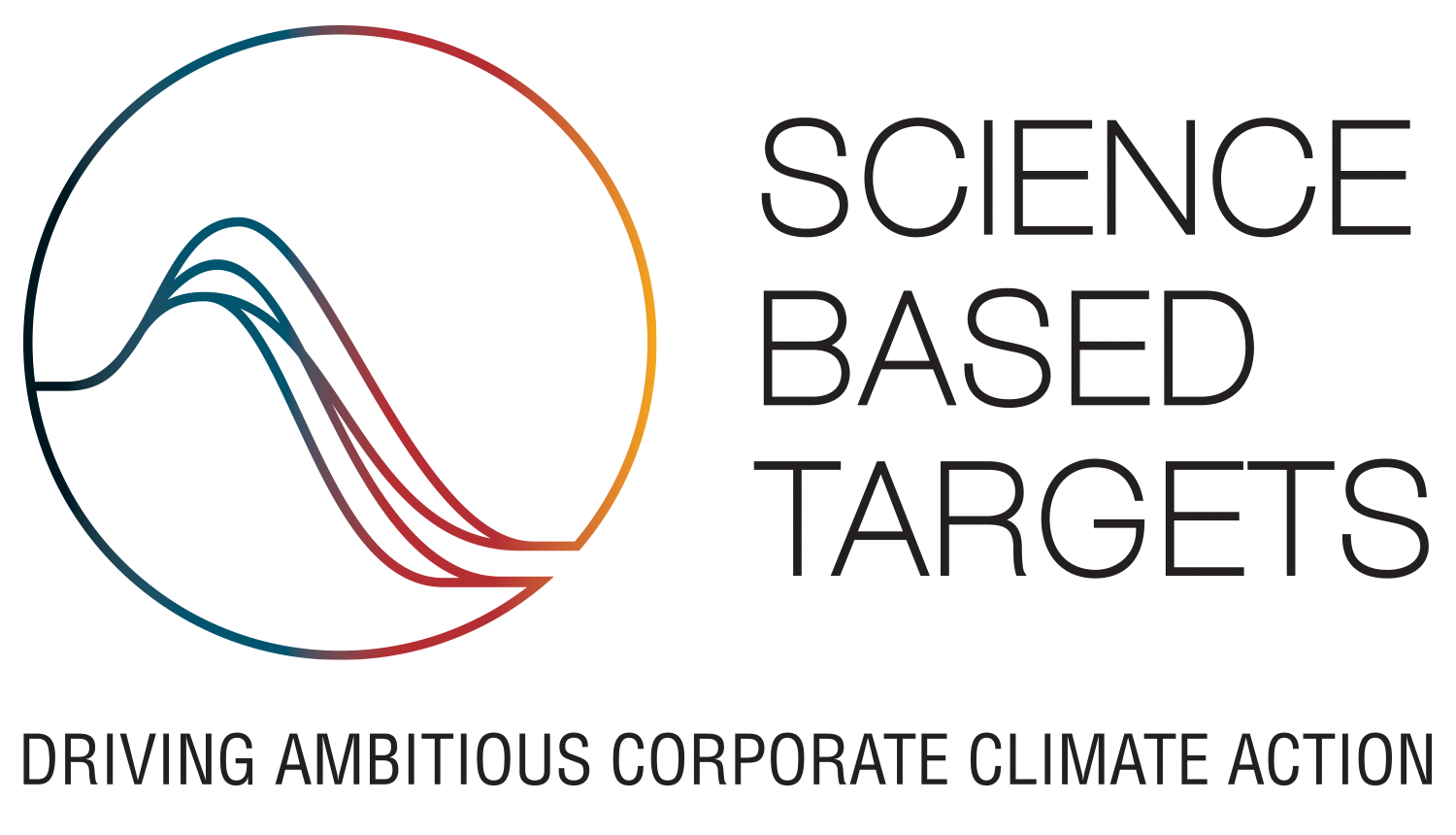

Sustainability has never been a higher priority in the world we live in, and right now, all businesses are adopting change and putting in all measures they can to ‘do better’ and lessen the impact they have on the environment.
As part of our relationship with you, we take responsibility in helping you achieve this, by advising across all that we do and where possible, adopting new sustainable products and processes.

We are proud to lead the way by setting science-based targets to reduce carbon our emissions.
Science-based targets provide us with a clearly defined pathway to future-proof growth by specifying how much and how quickly we need to reduce our greenhouse gas emissions. The Science Based Targets initiative helps us transition to the low-carbon economy. It is a collaboration between CDP, World Resources Institute (WRI), the World Wide Fund for Nature (WWF), and the United Nations Global Compact (UNGC).
Near-term targets outline how organizations will reduce their emissions, usually over the next 5-10 years. These targets galvanize the action required for significant emissions reductions to be achieved by 2030. Near-term targets are also a requirement for companies wishing to set net-zero targets.
Ours is: 42% of Scope 1 and Scope 2 emissions by 2030
Long-term targets indicate the degree of emission reductions organizations need to achieve net-zero according to the SBTi’s Corporate Net-Zero Standard criteria. These targets must be achieved no later than 2050 (or 2040 for the power sector). Long-term targets are developed by companies wishing to set net-zero targets under the Corporate Net-Zero Standard.
Ours is: 90% of all emissions by 2050
Our ISO 14001 certification – the internationally recognised standard for environmental management systems – proves we walk the walk when it comes to reducing our carbon footprint.
The certification shows that we comply with their framework for managing the immediate and long term environmental impacts of our products, services and processes. That means we are not only responsible for managing our environmental performance, but also for continuously working to improve it.
ISO 14064 is an international standard for quantifying and reporting greenhouse gas emissions. Verification against ISO 14064 provides the necessary assurance of our carbon footprint declarations.
Reporting period
01-Jan-2021 to 31-Dec-2021:
2250.7 Tonnes CO2e
01-Jan-2022 to 31-Dec-2022:
2393.4 Tonnes CO2e
01-Jan-2023 to 31-Dec-2023:
2539 Tonnes CO2e
01-Jan-2024 to 31-Dec-2024:
2817 Tonnes CO2e
During the new reporting period, we worked diligently to enhance and expand our calculated emissions. As a result, we included purchased goods and services, which represent the largest impact of our business. This improvement has been retroactively applied to our previous emissions to provide our clients with the most accurate picture of our environmental impact.
Choosing Carbon Balanced Print and Paper helps fund World Land Trust’s ecosystem protection and restoration projects in Vietnam, Mexico, Ecuador and Guatemala.
Forests are the lungs of the Earth, producing around 30% of our oxygen. Forests provide habitats for 80% of amphibian species, 75% of bird species and 68% of mammal species. Yet, since 1990, it is estimated that some 420 million hectares of forest have been lost—an area 17x greater than the United Kingdom.
Contributions to the Carbon Balanced programme are used to protect land from deforestation and degradation, preventing the release of CO2 into the atmosphere while preserving invaluable ecosystems.
Dedicated to the promotion of responsible forest management worldwide by defining standards based on agreed principles that are supported by environmental, social, and economic stakeholders.
So you can carry on the good work by choosing products that are sourced from well-managed forests.

To support our commitments, we integrate environmental considerations into our business decision-making process. We do this by:
Our Board of Directors are responsible for the co-ordination, implementation and monitoring of the policy throughout the organisation.
All managers throughout the organisation are responsible for the communication and promotion of the policy as well as the encouragement of active participation.
Employees are also expected to support the company to ensure the effective implementation and maintenance of the policy